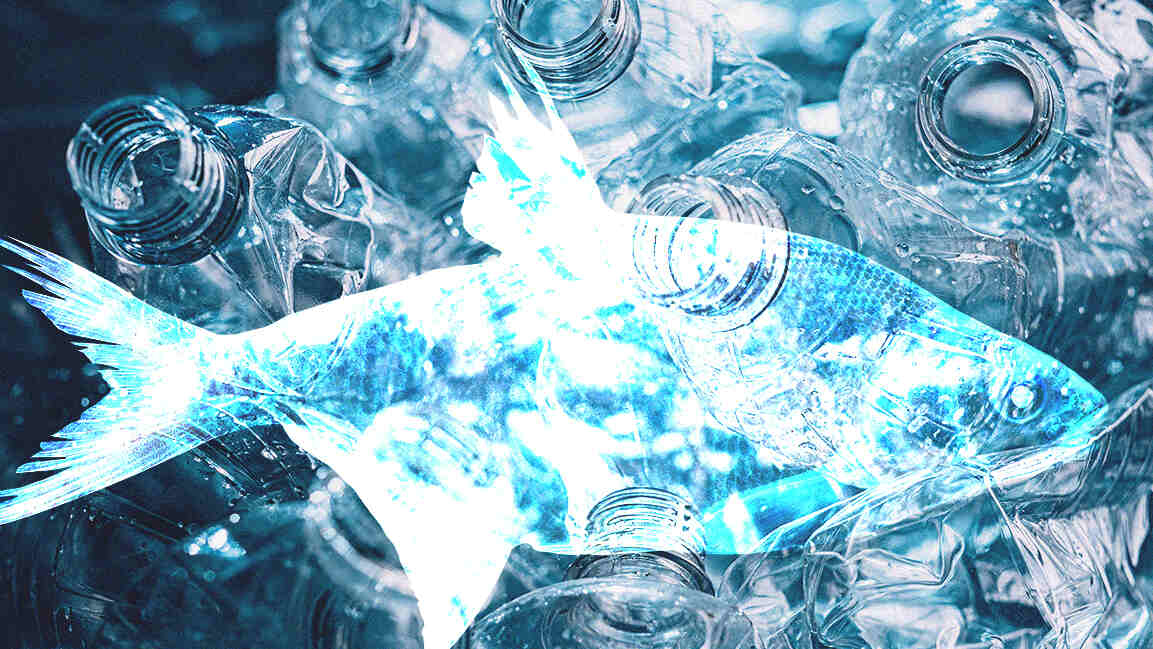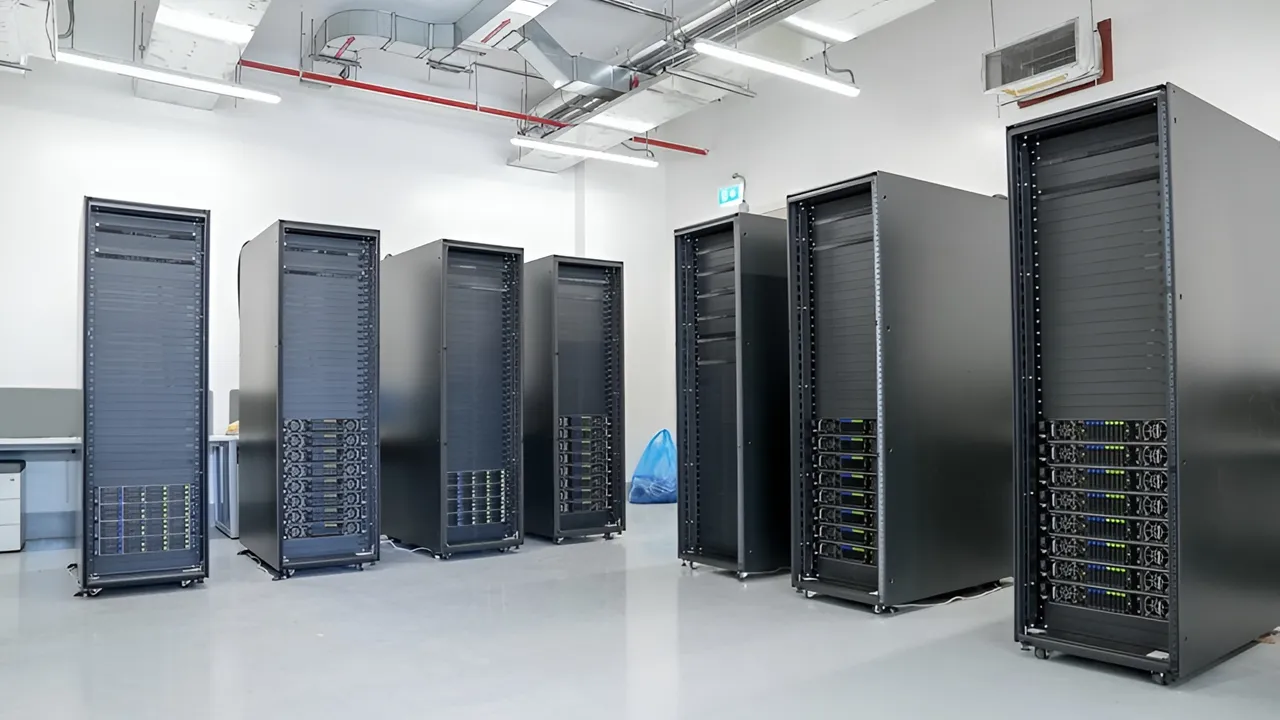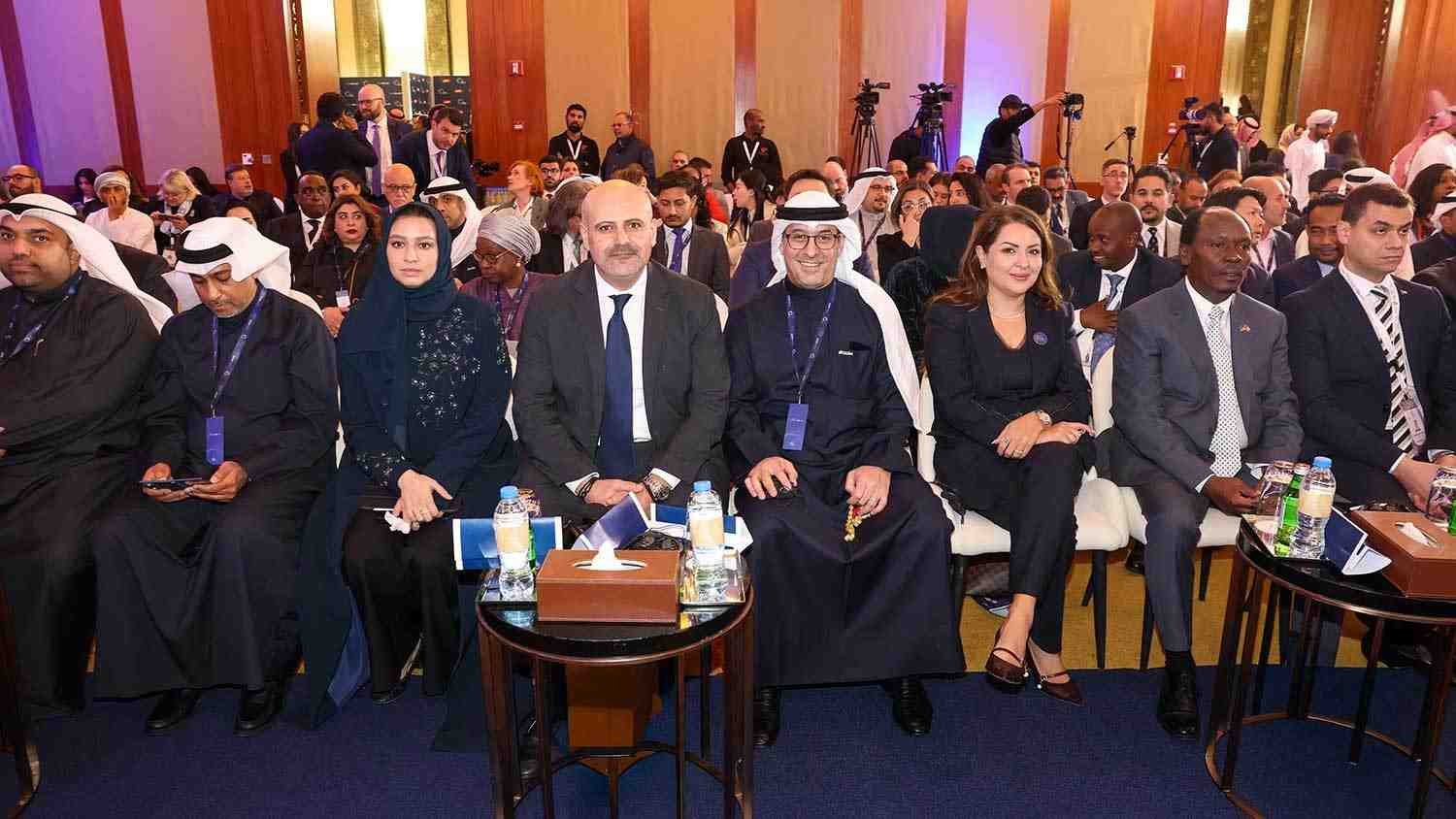A team of six Omani students from Al Khaboura Vocational College has developed a groundbreaking prototype that converts fish waste into biodegradable biopolymers, presenting a viable and sustainable alternative to conventional plastics. The innovative project directly supports Oman’s national “Zero Plastic” initiative and aligns with the environmental sustainability objectives of Oman Vision 2040.
From Waste to Value
The project aims to transform discarded fish materials into valuable resources, creating significant environmental and economic benefits for Oman’s vital fisheries sector. By repurposing waste that would otherwise end up in landfills, the students are pioneering a model for a circular economy, reducing pollution and generating new commercial opportunities from existing industry byproducts.
The Science of Bioconversion
According to the student team, key components of fish waste—including skin, scales, and bones—are rich in proteins and compounds that can be processed into non-toxic, biodegradable biopolymers. Other parts, such as internal organs, can also be utilized to produce valuable materials like collagen, chitin, and keratin. These substances have established applications across a wide array of industries.
A Multifaceted Solution
The biopolymers extracted through this innovative process have diverse commercial applications, positioning the project as a multifaceted solution for various sectors.
“There are multiple biopolymers produced through this conversion that can be applied across a wide range of fields,” explained team member Yusra bint Khamis bin Saeed al Hinaiyah. “For example, collagen can be used in biomedical applications and food packaging, while chitin and chitosan have proven value in agriculture, medical uses, and packaging.”
Additionally, keratin extracted from the fish waste can be integrated into textiles and personal care products. This versatility underscores the project’s potential to disrupt supply chains in food packaging, agriculture, medicine, and consumer goods with a sustainable alternative.
Driving a Circular Economy
The core mission of the project is to mitigate the environmental damage caused by traditional plastic pollution. By creating biopolymers that biodegrade naturally, the innovation tackles one of the most pressing environmental challenges head-on.
“By utilizing fish waste, we are reducing the total waste generated in the country while converting it into valuable materials that support a circular economy,” the team stated. This approach not only reduces landfill burden but also establishes a new value chain rooted in sustainability.
About The Fish Waste Biopolymer Project
The project was developed by six Marine Engineering Technology students at Al Khaboura Vocational College in Oman. The team includes Elyas bin Juma al Subaihi, Yusra bint Khamis bin Saeed al Hinaiyah, Mai bint Abdullah bin Ali al Shamsiyah, Zulfa bint Zayed al Saririyah, Balqis bint Salem al Hashmiyah, and Mazoon al Jabri. Their work represents a significant step forward in student-led innovation supporting Oman’s national sustainability goals.
Source: Fast Company Middle East














